.jpg)
Identification of the authentic beneficiaries or targets is the first step in the formulation of any development policies, schemes or programs. Effective implementation is only possible if there is clear visibility of the beneficiaries. All the data streaming from different online devices expand the volume, variety, and velocity of information about every facet of our lives and puts privacy into the spotlight as a global public policy issue. Technology is a crucial means for ensuring clean authentic, protected data. Take for example the recent Covid 19 vaccination drive which India successfully pulled off for more than 950 million vaccine doses through their digital platform, “Cowin”, in a way that ensured equal access to vaccination for every citizen. These measures were on a scale unmatched by any other programmes within or outside India, stress-testing the country’s digital public infrastructure, with reliable data about the intended recipients of the medical aid, financial aid, and vaccinations. This authentication system in India is called Aadhaar. Aadhaar has been a disruptive ecosystem. The tech-led platform has eased the cumbersome process of identity validation and beneficiary authentication. Being a single source of truth for identification of citizens it is facilitating government in building a domain agnostic strong development strategies.
Twelve years on, Aadhaar has now documented the identities of more than 94.2% of India’s population, providing each of its users with a secure, digital identity that can’t be lost or faked. For millions, their Aadhaar numbers were their first proof of identity, which meant they now had a way to belong.
Aadhaar at glance – As a Trusted Digital Identity System
As a digital identity system, Aadhaar allows governments, civil society, and businesses to trust that the person they are transacting with, is genuine and authentic. Aadhaar collects basic information about a person, providing multiple channels for authentication of this information using distinctive identifiers, such as biometrics and a Unique ID for each user.
Aadhaar empowered millions of Indians by providing them direct access to government subsidies (rations, social pensions, cooking gas, fertilisers, etc) without having to rely on middlemen, the ability to access affordable formal financial services (like bank accounts) for the first time, and a way to prove their existence to access fundamental rights (like voting, free education, jobs, etc) for the first time. Such a development, in turn, can unlock large economic value in India (between 3-13% of GDP), as per estimates by Mckinsey. For the Indian government, Aadhaar has reduced the cost and leakages of running the world’s largest social subsidy programmes. The Digital Dividend Report prepared by the World Bank estimates that India can save US$ 10 billion every year through the use of Aadhaar
.jpg)
About Aadhaar Authentication For Good Governance
Section 4 of the Aadhaar Act lays out the Aadhaar Authentication for Good Governance (Social Welfare, Innovation, Knowledge) Rules, 2020, states that the Central government may allow “requesting entities” to engage in Aadhaar Based Authentication in the interest of good governance, preventing the leakage of public funds, or promoting ease of living and enabling better access to services for residents.
Aadhaar authentication can be proposed for the following purposes under Rule 3(1)
- Usage of digital platforms to ensure good governance
- Prevention of dissipation of social welfare benefits
- Enablement of innovation and the spread of knowledge
Many Aadhaar innovations led by State/UT government schemes using the Aadhaar Platform have the potential to be game-changers in achieving financial and social inclusion at the grassroots level.
How Odisha has tapped Aadhaar ecosystem for seamless citizen service delivery
Odisha has benchmarked the practice of Aadhaar authentication for good governance through many of its successful use cases of tech-led public service mechanisms and systems.
CSM developed a golden database of farmers for the Odisha government called Krushak Odisha and leveraged the power of Aadhaar authentication to create a 360º unified farmer’s database. This unified, one-stop database of farmers in Odisha was designed in sync with the state government’s avowed 5T governance framework. It is 100 per cent Aadhaar seeded with the authenticated bank details of farmers.
The Single Window Unified Gateway for Agrarian Management (GO-SUGAM), is also Aadhaar based farmer-facing web portal and mobile app for effective access and implementation of all schemes and services.
Similarly, the Krushak Assistance for Livelihood & Income Augmentation (KALIA), is designed by CSM which stands on the Adhaar authentication for identification of genuine farmers for direct benefit transfer. It has processed aadhaar-based payments to almost 80% of beneficiaries' accounts with approximate 97% success transactions with 2 Lakhs+ farmers to have completed their eKYC through the KALIA portal.
The Paddy Procurement Automation System (P-PAS), is the ICT-based system conceptualized to digitize all transactions in societies to introduce complete transparency and efficiency in procurement operations. The verified and updated farmer database from Aadhaar authenticated Farmer Registration System (FRS) mentioned earlier goes as an input into this system. 13.12 lakh Aadhaar authenticated farmers have benefitted from the system selling 66.87 LMT (2021-22 KMS) to the government. The total MSP paid in the current year 12, 975 cr.
CSM developed ARPANA (Application For Revision Of Pension Using Aadhaar Number Authentication) an application that not only provides easy revision of pensions through aadhaar authentication but also offers seamless doorstep delivery of services, through an AI-based alternative online method for identity and liveliness detection of pensioners/family pensioners.
The Aadhaar authentication for good governance ensures the usage of digital platforms for the prevention of dissipation of social welfare benefits and enablement of innovation and the spread of knowledge. This has promoted the inclusion of the last mile people in the development plans and programmes for its effective implementation.
















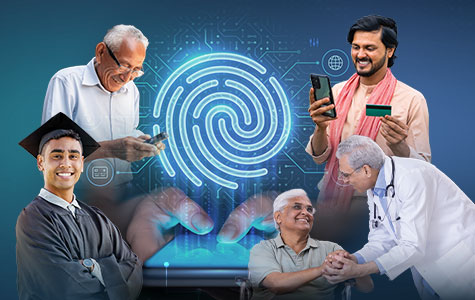
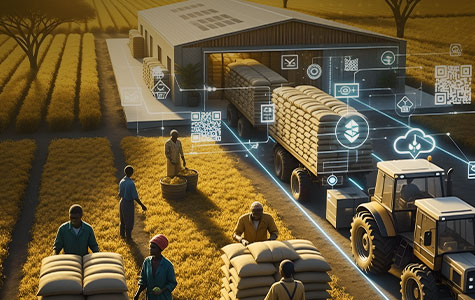



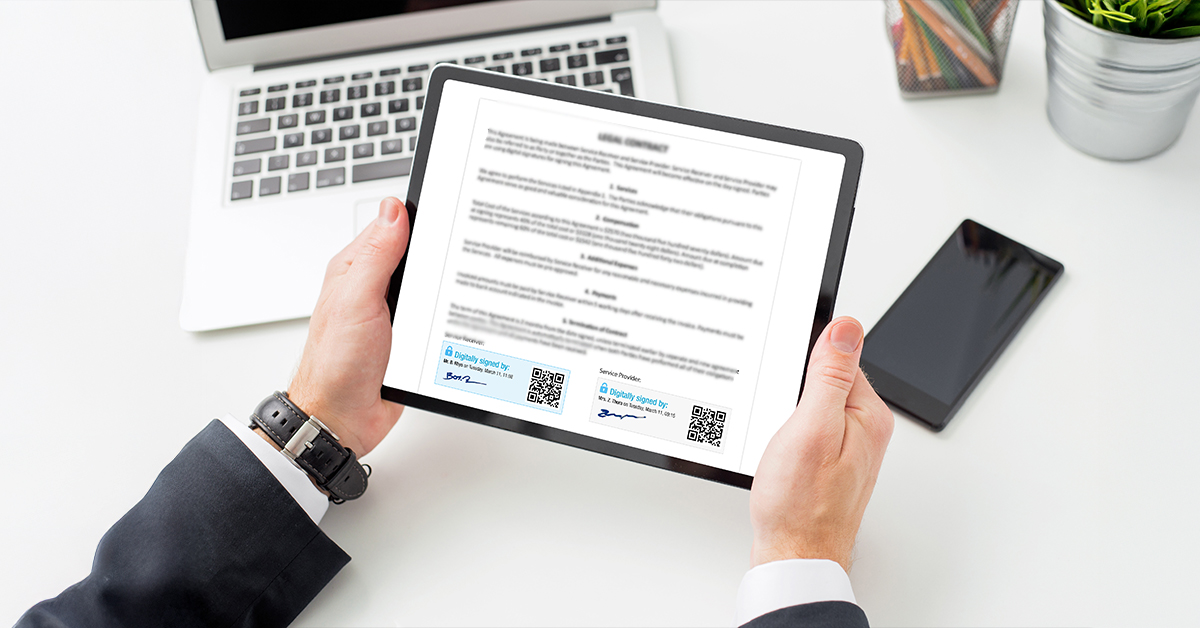



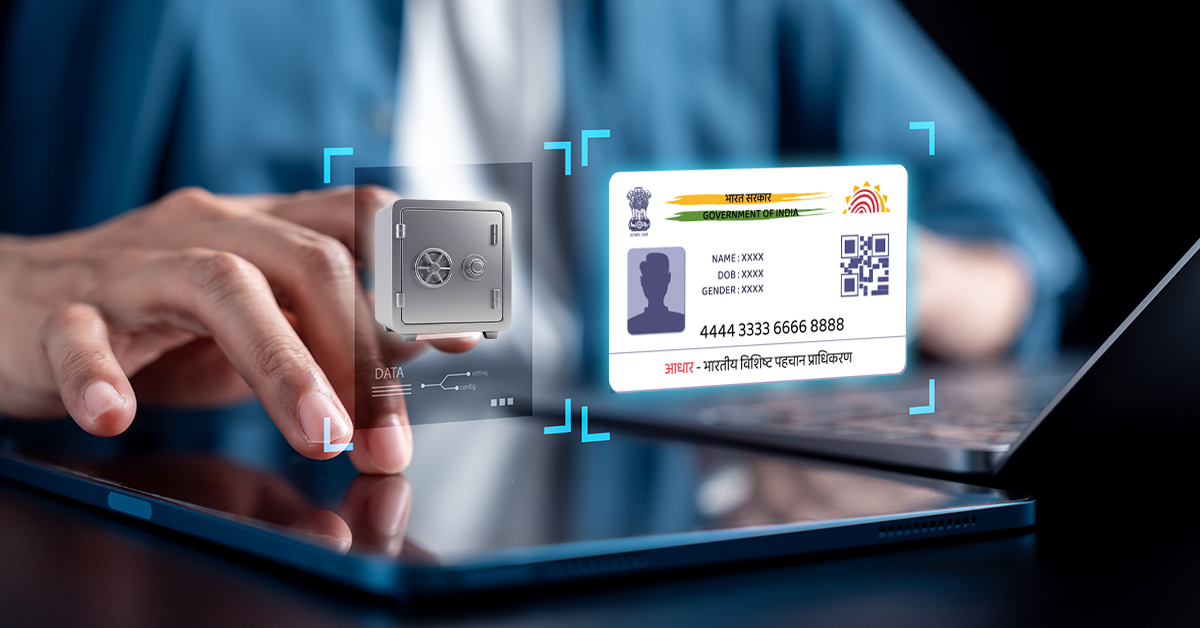
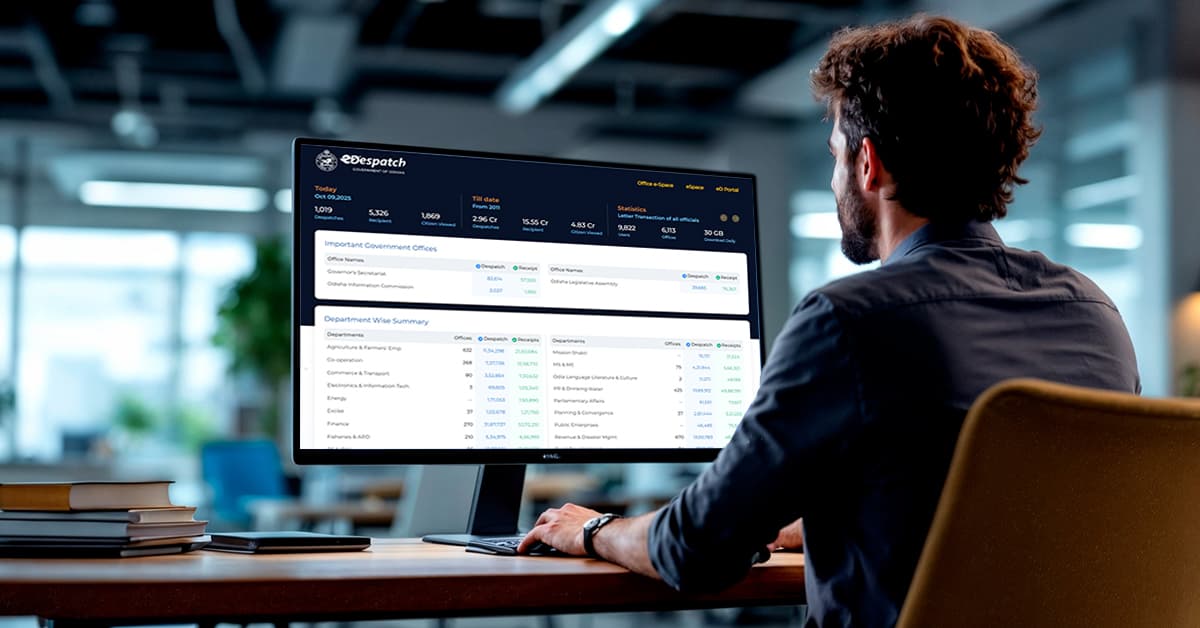

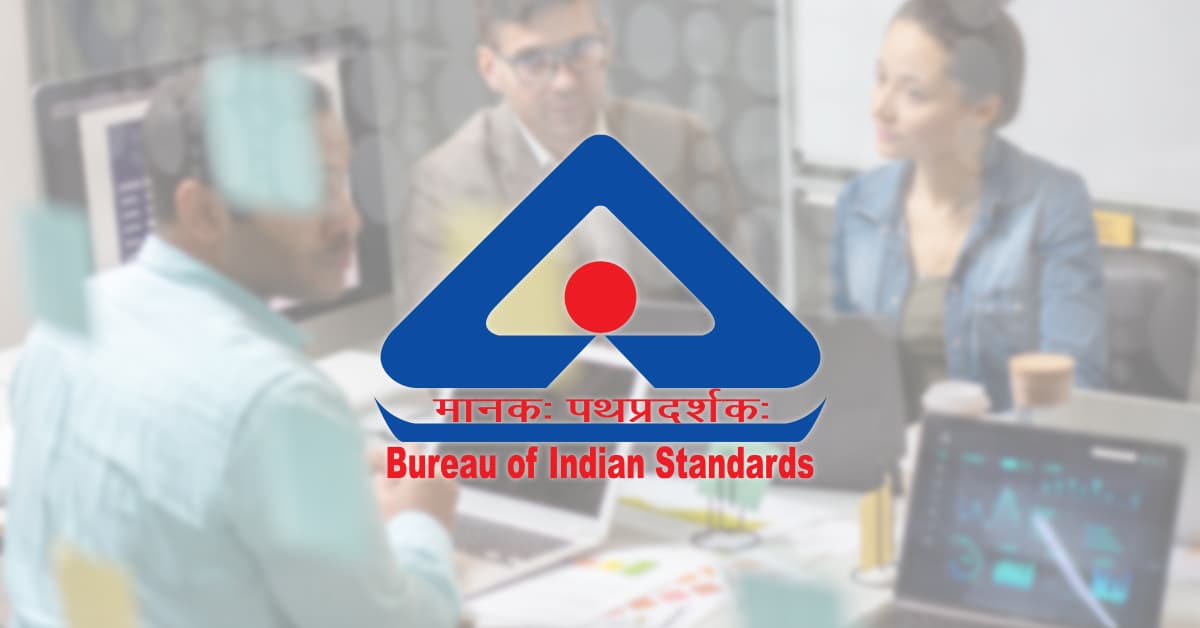

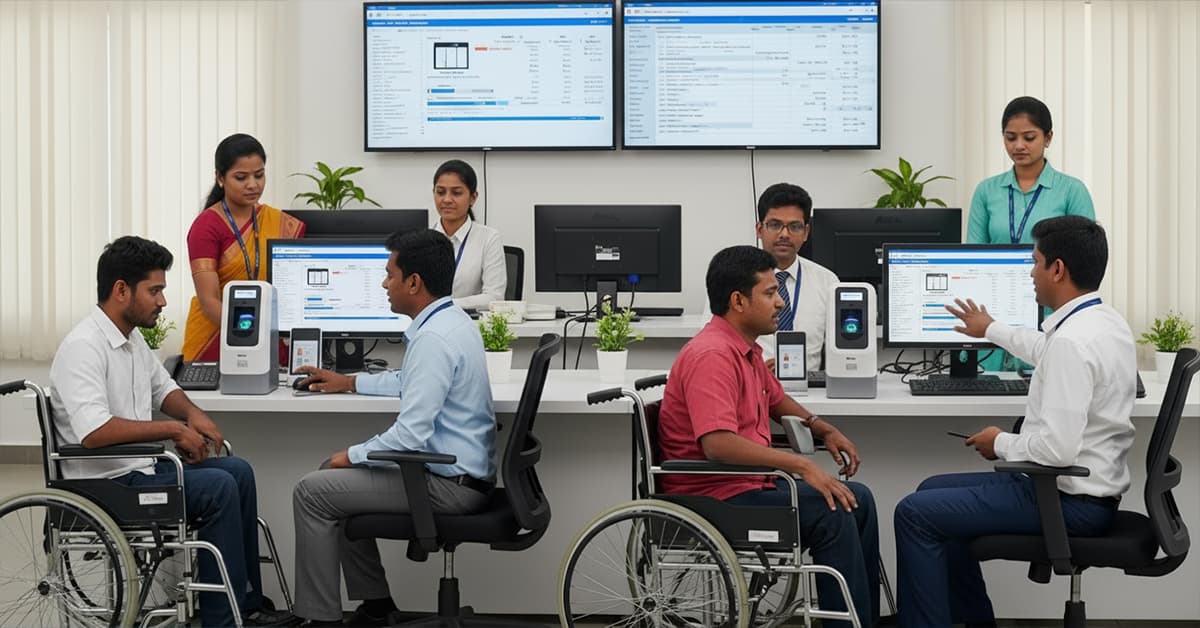





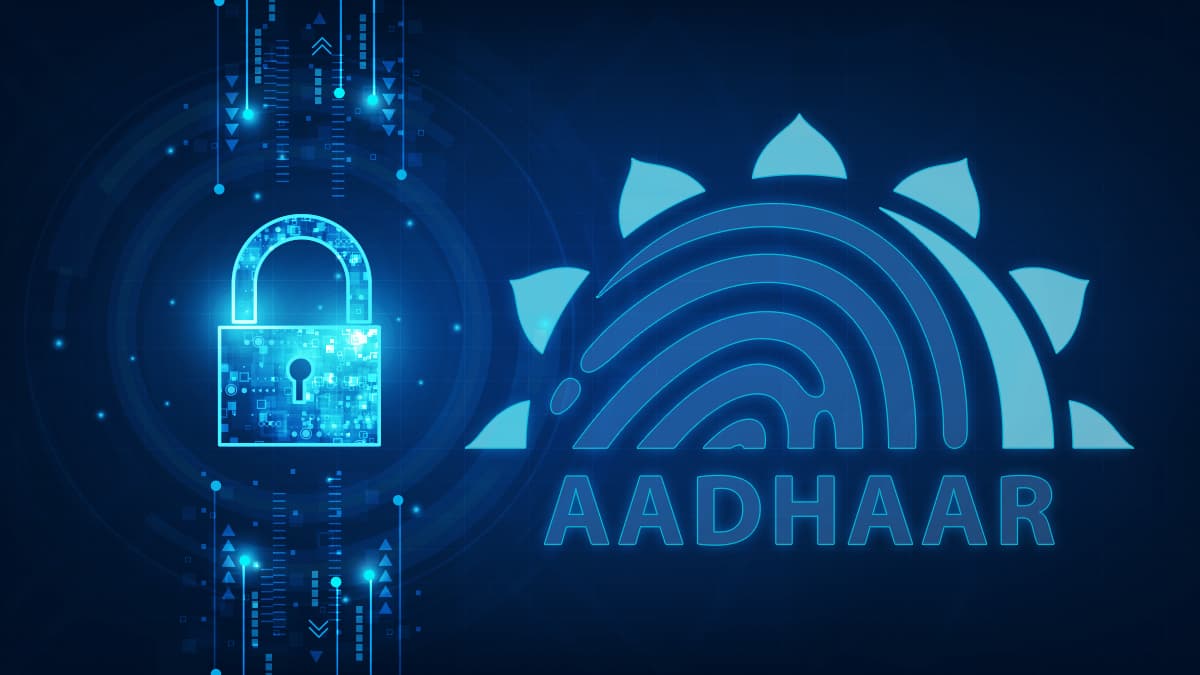
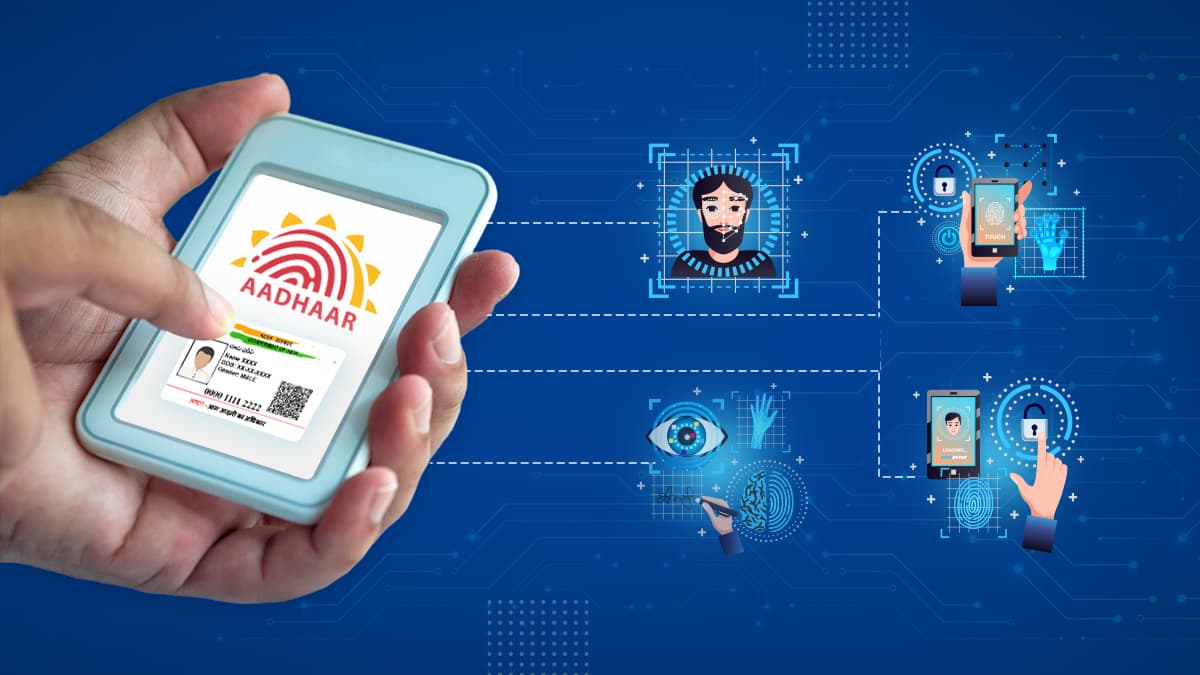
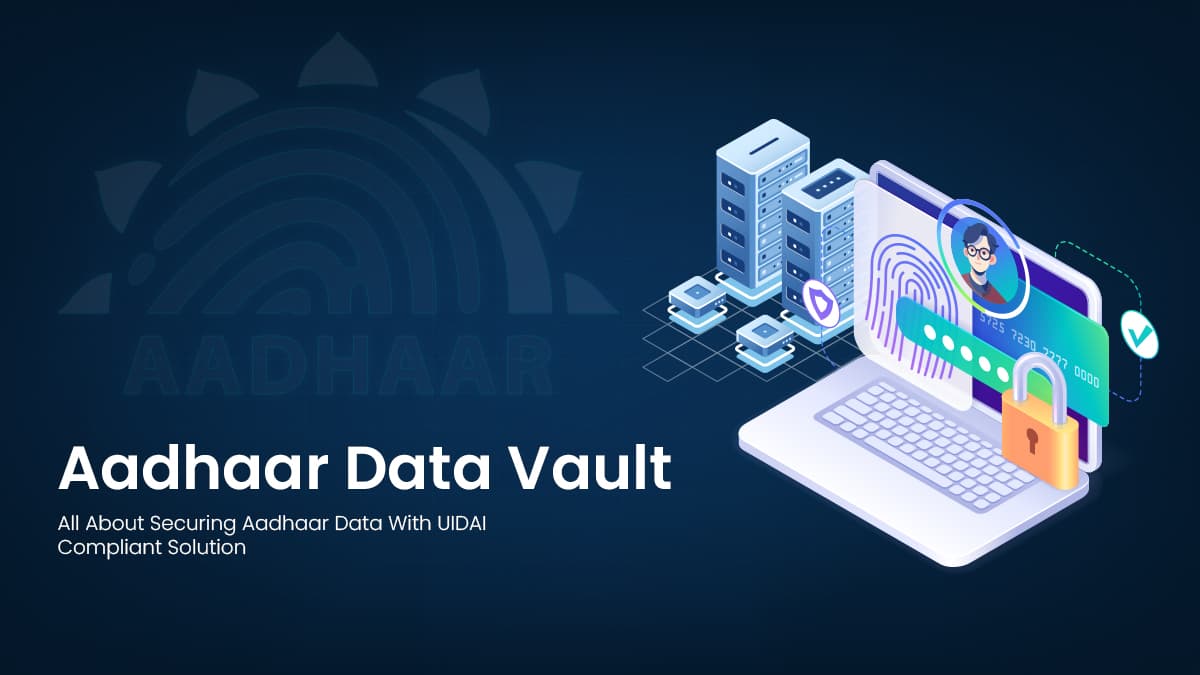



We will verify and publish your comment soon.